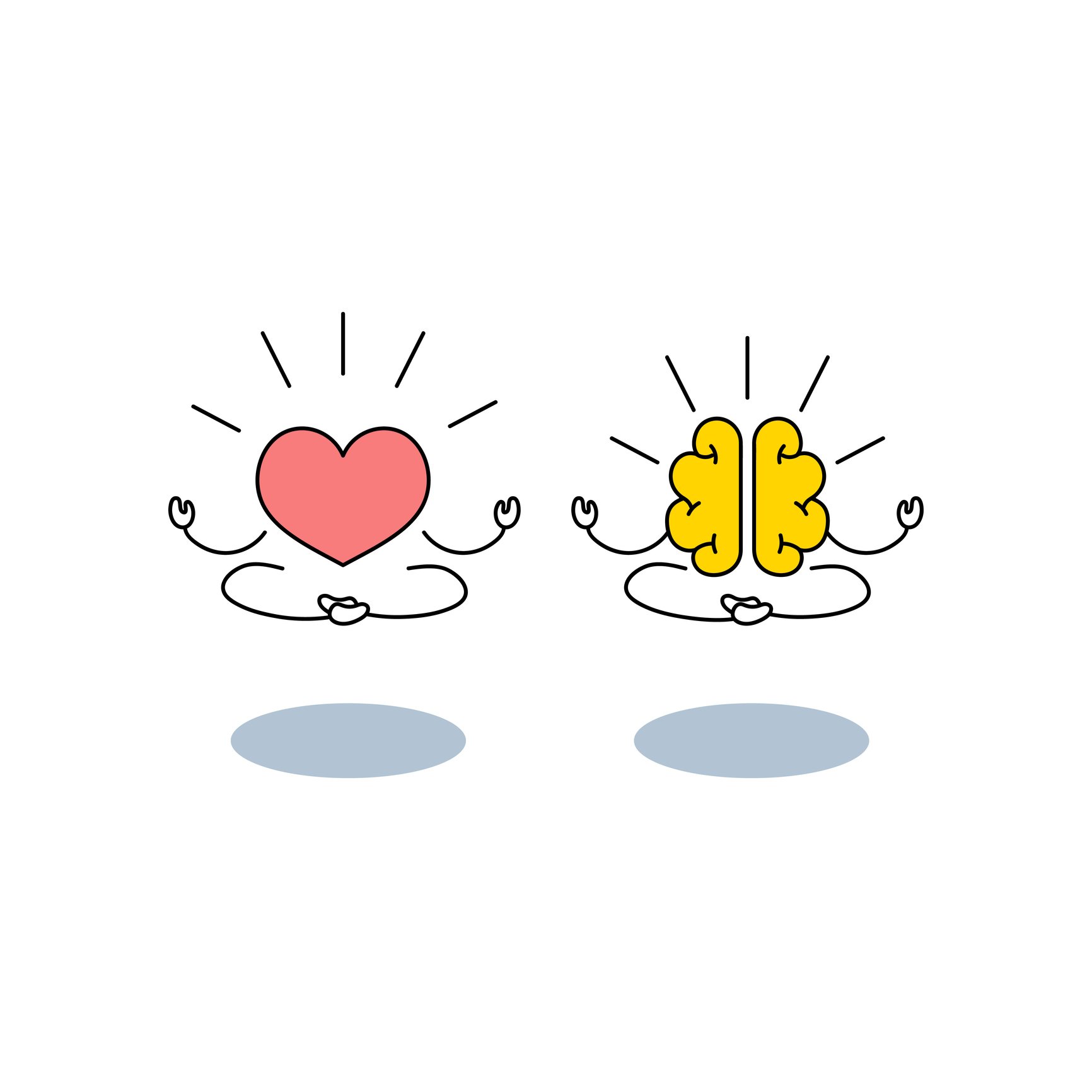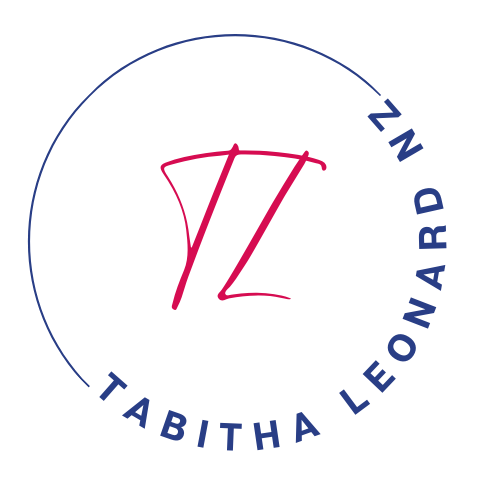Browse Blog

Practising Presence
Research indicates that in 80% of your conversations, your focus is not entirely on the conversation, and thus you are not fully present.
Attention and presence are directly correlated. Your attention determines what you perceive, learn and remember and how you interact with others, amongst other things. Attention can only be used in the moment, here and now and is partial to distraction.
We become distracted by all sorts of things. Distractions are the things that prevent us from being fully present in conversations, yet it is the one thing you can change that will transform your conversations.
Presence is a coaching intelligence core competency, and it begins with you and only you.

Conversational Assumptions
We often assume that what we experience within a conversation - what we hear, think and see - is the same experience for all participants. It is this assumption that is the primary cause of misunderstanding. Each person enters the conversation from their own perspective and unique worldview. The reason why so many of our conversations miss the mark is that we assume that everyone is "on the same page".
This assumption can lead us to -
- Not check in with each other's understanding
- Not attempt to create a shared understanding
- Default to conversations where one person dominates and tells, sells and yells.
- Leave people feeling like they have not been heard.

Why We Default To React Rather Than Respond
You get home to find the dog has chucked up all over the carpet and no one has cleaned it up yet.
What do you do?
What do you want to do?
How is your dialogue placed? Reactive or responsive?

The Neurochemistry Of Listening
Leadership is listening.
It’s said that, on a typical business day, we spend 45% of our time listening, 30% talking, 16% reading and 9% writing. Amongst all this, the action that has the most impact on others is listening.
Imagine if you could amplify the impact you have in that fraction of time. Concerning strengthening the impact of leaders, imagine if we could also get the 30% - the talking fraction - right. That's an increased impact on a day's actions that make up 75% of your efforts as a leader.
Speaking + listening = 75%

Coaching Intelligence Principle Three - Presence
PRESENCE: Staying in the moment with full and conscious awareness of self and others, paying attention to the present moment, on purpose, and without judgment.
It is about being completely tuned in to the words people choose and the surfacing emotions. It is being aware of and understanding what is personally being thought and felt at any given moment and being careful not to project those thoughts and feelings onto the client.
Presence leads to a genuine and authentic connection.

Coaching Intelligence Principle Two - Trust
TRUST: Built on actions taken in the smallest moments. A journey, not an event. It is something that comes from within and is given to another person. Trust can be built on actions that relate to character and competence that exist when we demonstrate care, sincerity, reliability and competence.

Coaching Intelligence Principle One - Partnership
PARTNERSHIP: The way of being in a relationship with another in a coaching conversation. It is a relationship built on equality between people when they feel valued, seen, and heard. Partners can give and receive without judgement and derive sustenance and stability from the relationship.
Coaching reinforces respect and generates the trust and safety necessary for momentum and growth with partnership at its heart.

The Principles of Coaching Intelligence
What does best practice for coaching look like in an education context?
Interestingly, there are no guidelines. Jim Knight offers up a powerful framework with his impact cycles and instructional coaching model, and GROWTH coaching is a powerful pathway for coaching. Internationally recognised and used across all sectors. Yet nothing quite fits ‘ like a glove” in the NZ context.
Coaching intelligence is the fusion of all of the best research and thinking around coaching. Blending and synthesising the best parts to create a methodology that ‘fits’ the education context and allows educational leaders to have transformational conversations that catalyse shifts to create coherence.

Coaching Intelligence™ Events 2022
Happy New Year!
Here at Tabitha Leonard NZ, we are passionate about the cultures of coaching in schools. Our work focuses on building transformational coaching and mentoring capabilities and cultures in schools.
We transform how leaders approach and think about the coaching conversation. We teach leaders how to be more coach-like in their approach to conversations. And we add a layer of expertise over what you already know to energise transformation and take what you do from good to great when it comes to cultures of coaching in your Kura, School or Kahui Ako.

Four Summer Reads
Here at Tabitha Leonard NZ, we are passionate about the cultures of coaching in schools. Our work focuses on building transformational coaching and mentoring capabilities and cultures in schools.
Here are my four recommended summer reads if you are interested in growing your capabilities for coaching and Coaching Intelligence cultures.

